Blog article: BikeSpace – Mapping Toronto’s bike parking needs
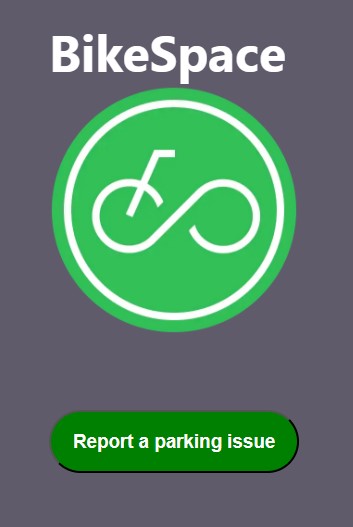
Article text
Cycling is a pivotal aspect of urban commuting, but one recurring challenge for riders is finding suitable parking. Even in a city as expansive as Toronto, safe and accessible bicycle parking spots are often difficult. Imagine a tool that highlights those gaps, allowing cyclists to voice their parking concerns and provide actionable data to the city. Enter BikeSpace: a community-driven solution that pinpoints where Toronto can improve its bike parking infrastructure. Through this web app, riders can report issues and suggest potential parking spots, actively shaping Toronto’s cycling future. Dive in to discover how BikeSpace works, its roots in the Civic Tech community, and what the future holds for Toronto’s cycle enthusiasts. Come out and meet (support) the volunteers behind this app – http://civictech.ca
BikeSpace – written by our guest blogger Sonal Ranjit
Safe and convenient bicycle parking is a must for any city cyclist, but finding the right place to lock up a bicycle can be challenging. Now there is a way to track the spaces in between – like the long stretches of sidewalk without a bicycle rack, or the busy areas where there just isn’t enough space for every bicycle.
BikeSpace is a crowdsourced web app where cyclists can anonymously report bicycle parking issues across Toronto. The application allows users to pinpoint where new and better bike parking could be added – in both private and public locations.
The City of Toronto has substantial plans to upgrade the cycling network throughout 2024. These plans include implementing one hundred kilometers of new bikeways as well as upgrades to existing cycling networks. BikeSpace serves as a voice for cyclists and their bicycle parking needs as this new infrastructure grows.
How to use BikeSpace
The app can be accessed at https://app.bikespace.ca
It contains a simple questionnaire – which asks What the bike parking issue was, Where the issue was and When the issue happened. The form can be completed in the moment, or anytime at the user’s convenience.
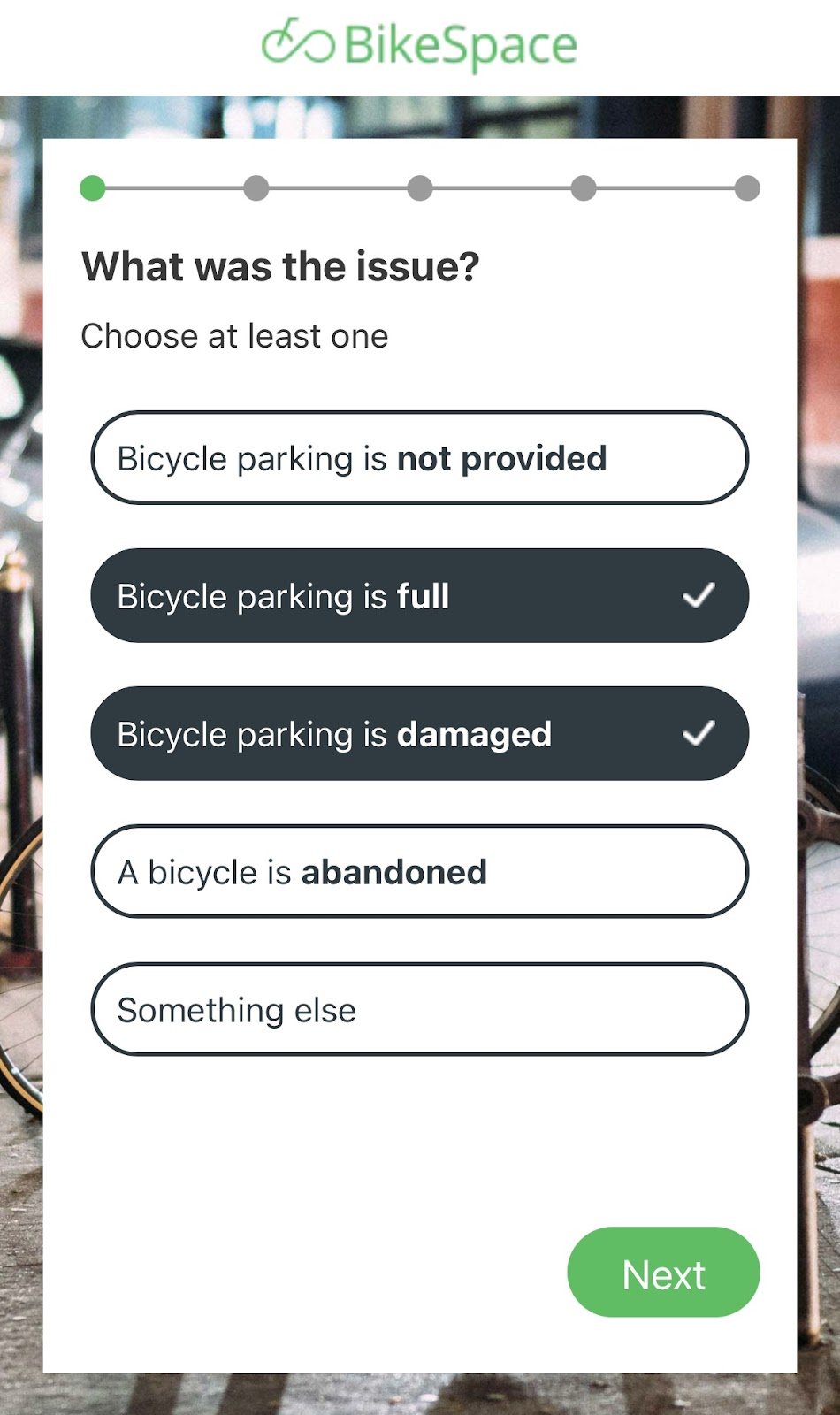
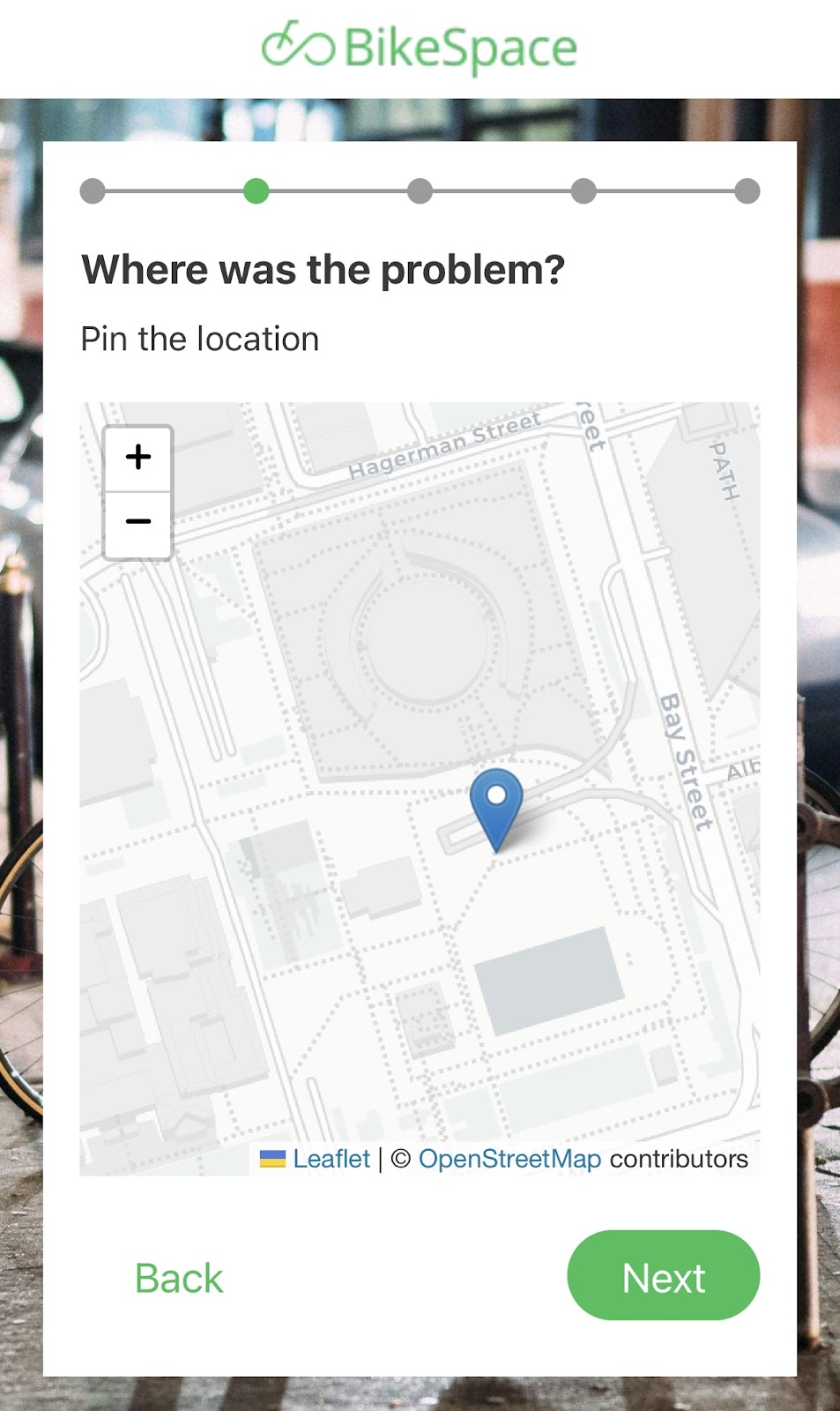
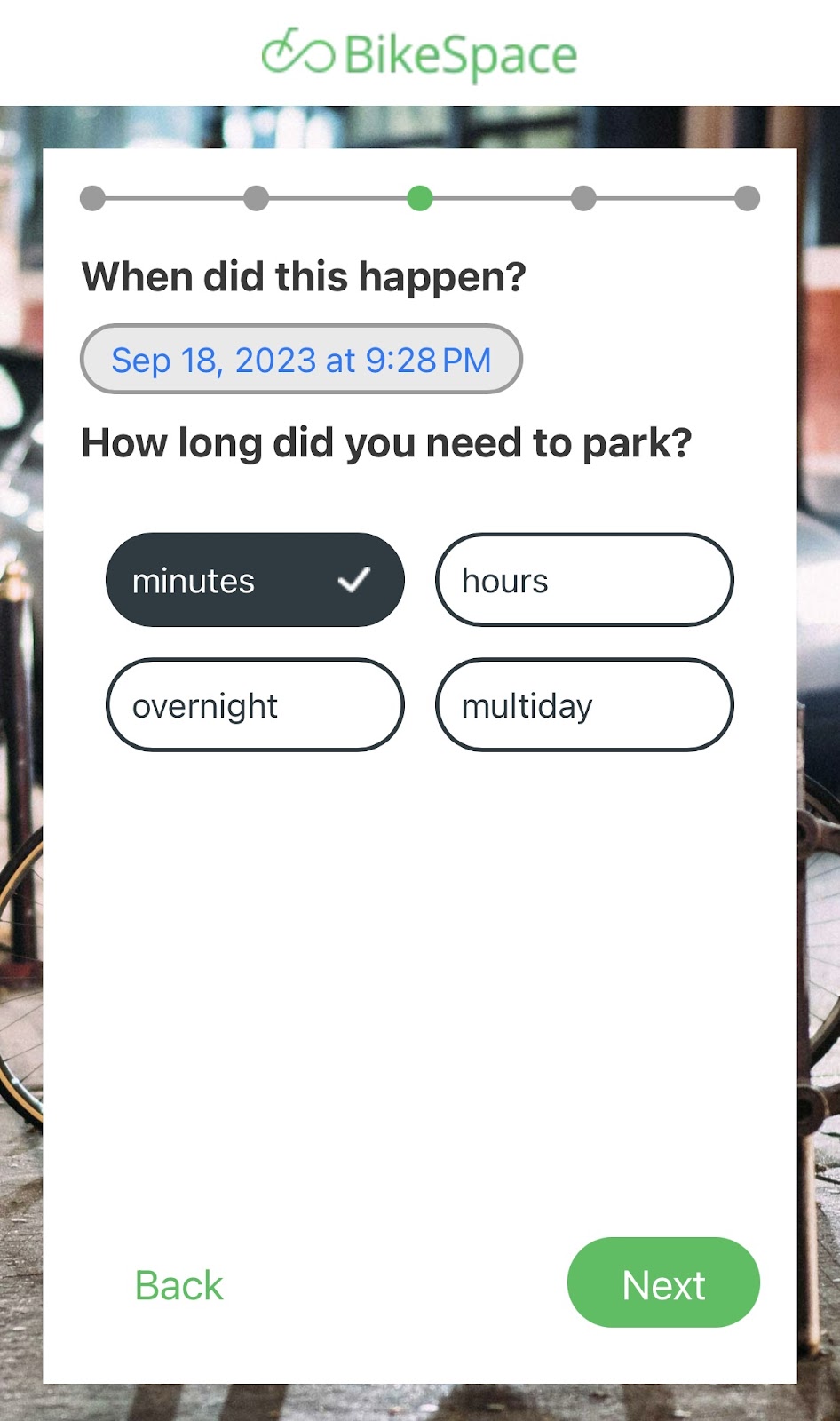
The user can also add more details in a comments section of the form. After that, the data is submitted.
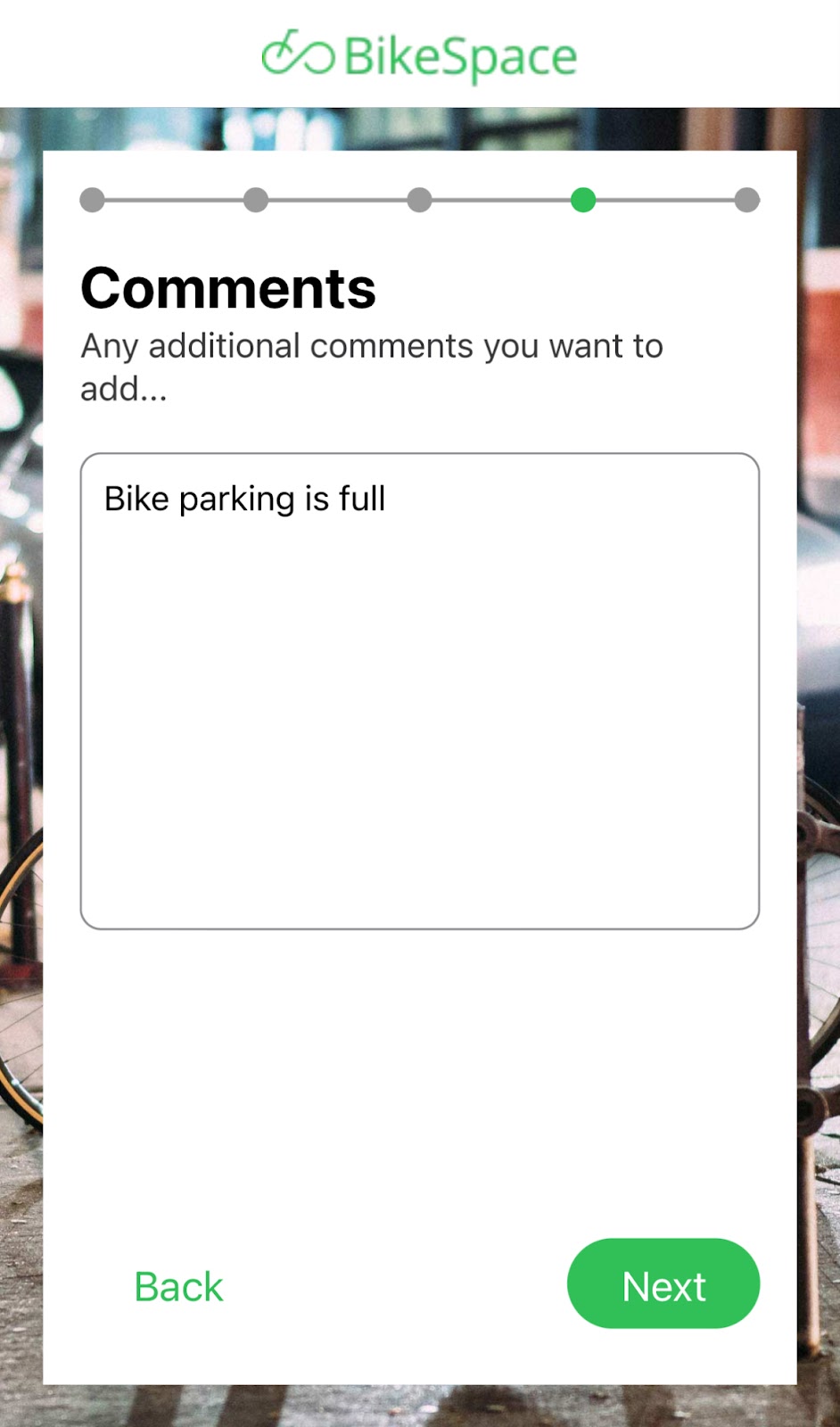
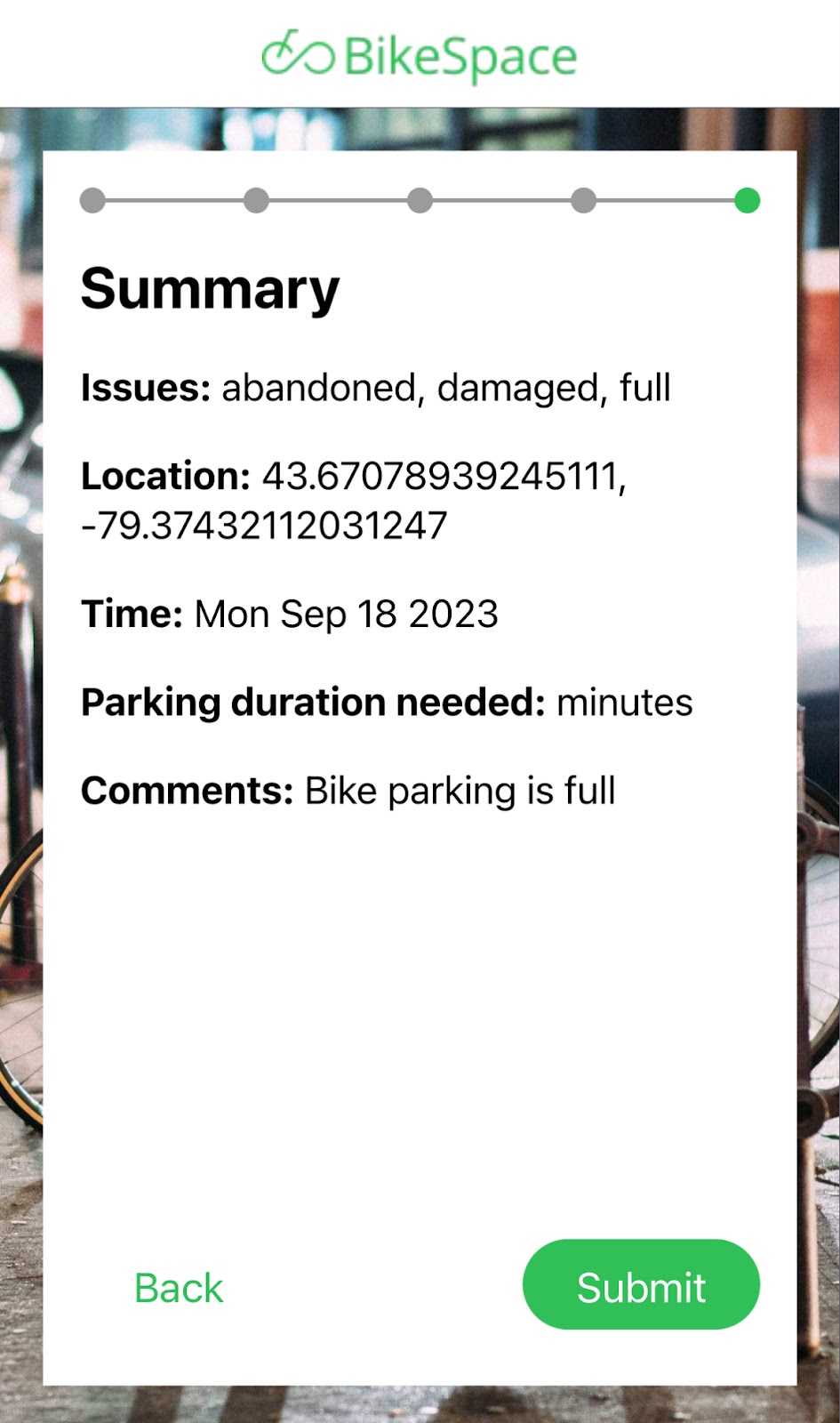
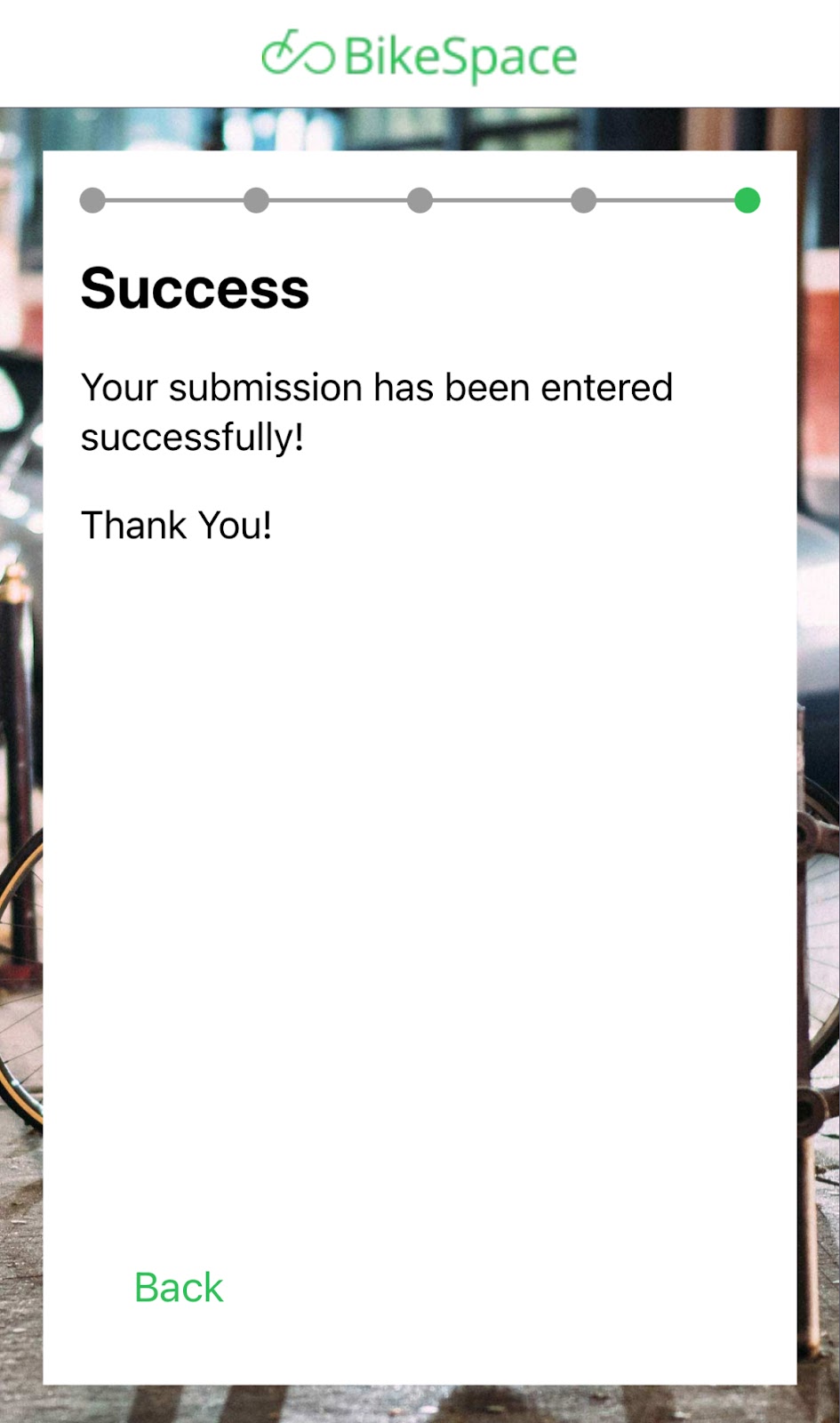
All reports are anonymous. The app doesn’t ask for personal information nor does it track the users. It only collects high-quality data about bike parking issues to inform the city where more and better bike parking should be added. The source code for the application is open sourced and can be viewed on github.
Accessing the BikeSpace API
The data gathered from the application is available in machine-readable format from the application’s API. The API’s specification can be found at https://api-dev.bikespace.ca/api/v2/docs and is currently in its early release phase, so the url for the API might be relocated in the future. Visit https://bikespace.ca for the latest API endpoint URL.
Future plans for BikeSpace
The next feature planned is a dashboard where the gathered data can be visualized on a map. This dashboard will be publicly available and will show the-up-to-date data gathered through the app.
History of BikeSpace
This is the second iteration of the BikeSpace application. The first version was released publicly in 2017. At that time, the City of Toronto began developing the Bicycle Parking Strategy to complement its Ten Year Cycling Network Plan. As part of that process, the idea for a “crowd-sourced” bike parking app emerged.
The concept was presented at the Civic Tech Toronto Hack Night in July 2017 and the initiative was quickly adopted by members of the Civic Tech community. Over the years, more than 100 volunteers have helped make BikeSpace what it is today.
Civic Tech Toronto is part of a global movement, drawing Toronto’s best and brightest to its weekly meetings to connect on using technology in the public interest. Teams of volunteers work on various creative technological solutions to civic challenges. Visit http://civictech.ca for more information.
Cycle Toronto is a key partner of BikeSpace, which has encouraged its members to contribute to BikeSpace’s data.
Code for Canada, a not-for-profit organization, was BikeSpace’s project administrator in the initial release. The City of Toronto provided Code for Canada with initial funding in 2017 to work with the Civic Tech community to develop the BikeSpace app.
